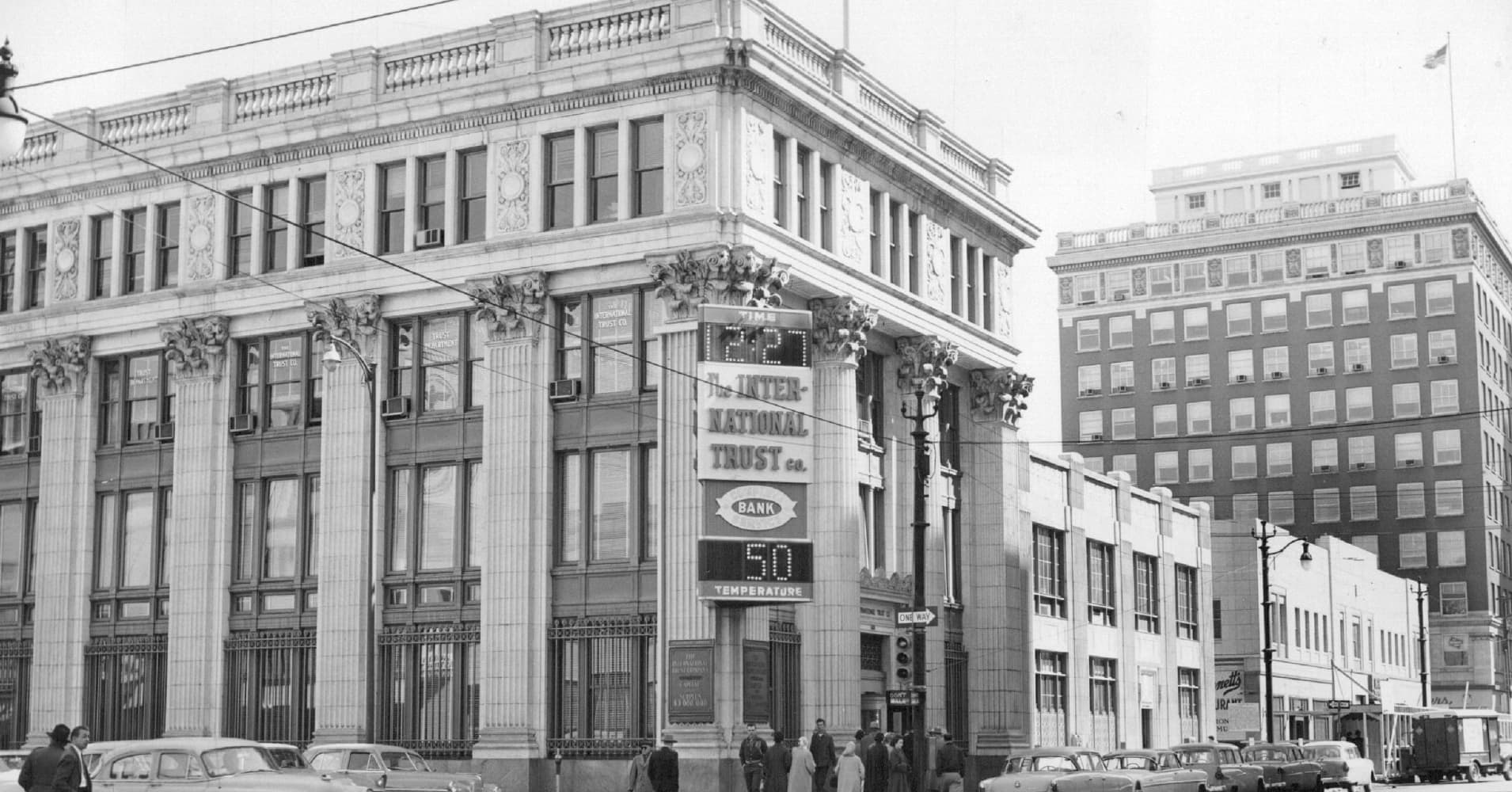- Joined
- May 12, 2014
- Messages
- 6,815
- Reaction score
- 4,420
- Gender
- Male
- Political Leaning
- Liberal
No you try reinvent the definition to suit your subjective opinion.
All accounting refers to is the system one chooses to record and summarize business and financial transactions and sometimes analyzing, verifying and reporting the results.
Accounting does not create money-it records the amount of money created.
Banks create M1 money by creating loans - expanding their balance sheets (that's the accounting) - using 100% credit. No funds are taken from deposit accounts, nor are any funds (or equity) taken from the bank itself. Banks simply mark up borrower's account by the amount of the loan, and hold the promissory note, worth somewhat more than the loan amount, as their asset. No pre-existing money is used to fund the loan. Upon loan disbursement, the settlement agent may or may not need to transfer reserves from payor's bank's reserve account to payee's bank's reserve account, depending on net interbank transactions. In other words, reserves don't fund the loans either.
In fact "Monetization" refers to the process or exercise of creating money.
Yeah - by buying debt. Like banks do when they create loans - they "buy" the promissory note by marking up borrower's account. All done on ledgers. Accounting.
You have an obnoxious habit of dictating to people they must use terms in a way that confirms to your preconceived biases and not how the words were intended to be used.
It probably feels that way when most of what you say is wrong.
Banks do not create money. They invest money which then brings them back a return on their investment through the interest rates they charge. They don't create the money. They generate an increase it he amount of money they have. The money already existed. It was created by the federal reserve. They are just re-routing certain amounts of it to themselves called profit so they can pay their employees and use the profit to reinvest and make money for customers who leave money in their bank in return for an interest payment given to them for keeping their money in that bank's account.
First of all, that's not how banks work, and that's not a matter of opinion or theory. The operational realities of banking have been well established already.
Second, if banks don't create money, explain how they "generate an increase in the amount of money they have" of pre-existing money. Do you really think that the Fed just creates more money so banks can make a profit? Your explanation is an accounting impossibility, and doesn't jibe with changing measures of the money supplies. M1 is far larger than MB.
Man get out in the world. Start with a bank manager. Go find out what a loan is.
Wow.
I would say the same thing to you. Read a bit on the subject.

Basics of Banking: Loans Create a Lot More Than Deposits
It's not a matter of lending out deposits.
 www.cnbc.com
www.cnbc.com

